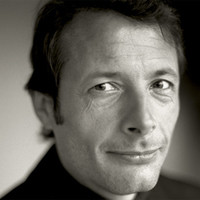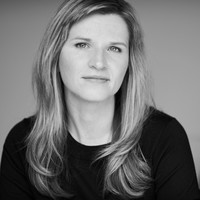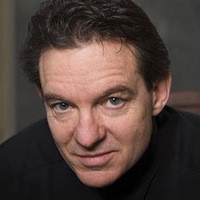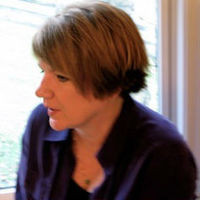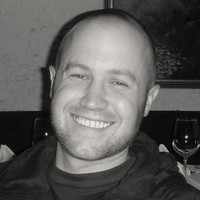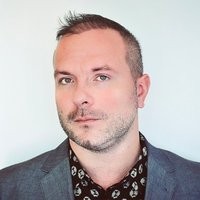Anna Holmes, the founding editor of Jezebel, writes for The New York Times and is the editorial director of Fusion.
“I think that Jezebel contributed to what I now call ‘outrage culture,’ but outrage culture has no sense of humor. We had a hell of a sense of humor, that's where it splits off. ... The fact that people who are incredibly intelligent and have interesting things to say aren't given the room to work out their arguments or thoughts because someone will take offense is depressing to me.”
Thanks to TinyLetter and Squarespace for sponsoring this week's episode.






